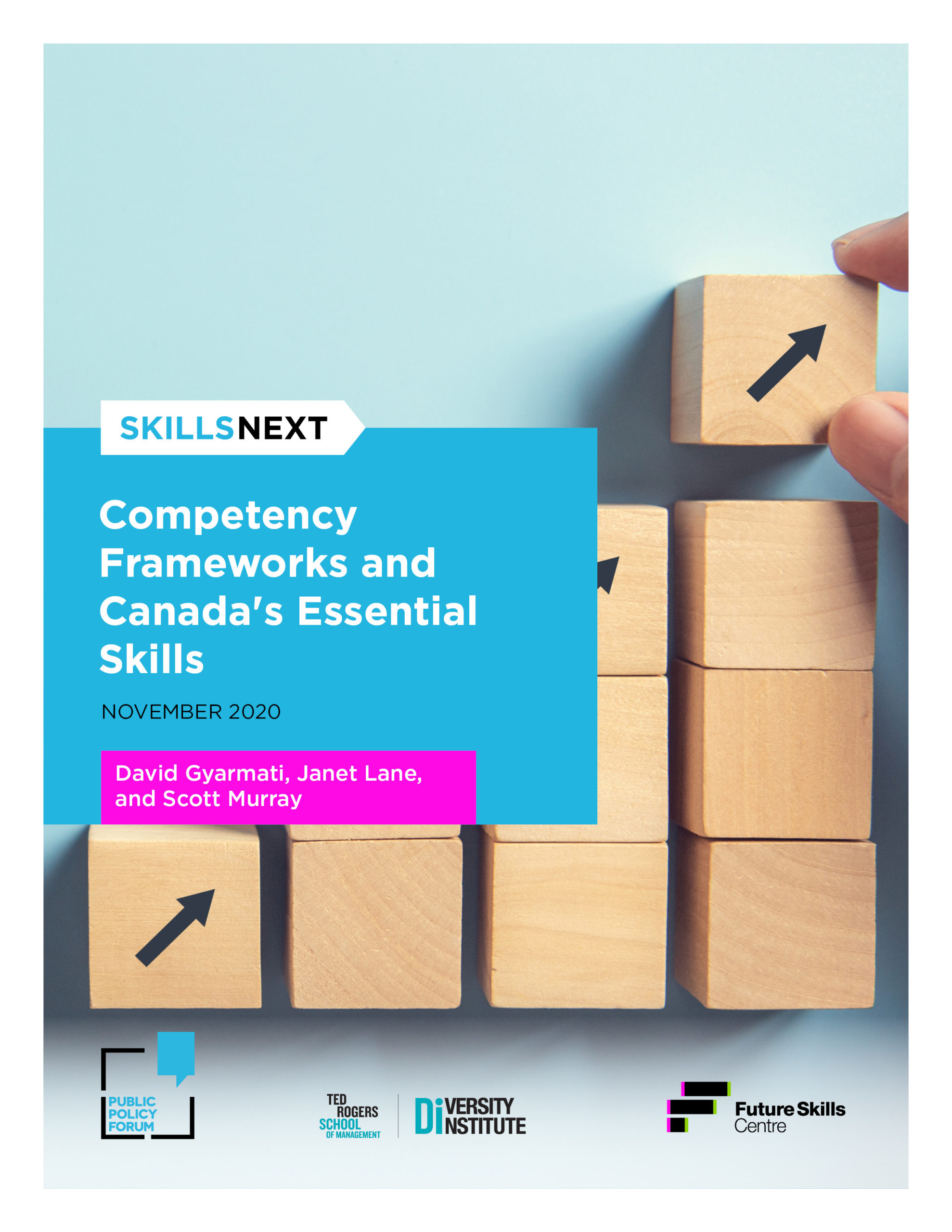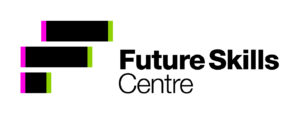
Competency Frameworks and Canada’s Essential Skills
Series | Skills NextKey Takeaways
- It is estimated that half of working-aged adults are without the literacy skills required to perform well in the majority of jobs in the economy or to learn the skills required for new ones.
- There is growing demand not only for technological skills, but also “soft skills,” such as resilience, emotional stability, flexibility and adaptability. And if skills and competencies are the new workplace “currency,” we need shared approaches to understanding how to define, evaluate and develop them.
- In spite of evidence of the positive impact and return on investment from literacy and essentials skills upgrading, the private sector is not stepping up. Canadians lag behind a number of countries in participation of many forms of adult education and literacy training. A lack of employer investments in essential skills training is an important barrier for many adults with low literacy rates.
Executive Summary
Automation, disruptive technologies and globalization are speeding up the pace of change in the workplace. As this happens, Canadians must develop and maintain the skills and competencies necessary to make the country’s evolving economy run. But how? One problem is that there is little agreement on skills and competencies nomenclature used by employers, job-seekers and service-providers.
This paper identifies a need for shared approaches to understanding how to define, evaluate and develop skills. Developing an updated competency framework for essential skills is our main recommendation and a necessary first step. This approach would help researchers assess who is best positioned to champion the improvement of skills and competencies—whether government, industry, educational institutions or civil society—to make sure Canada remains globally competitive.
There is growing demand not only for technological skills, but also “soft skills,” such as resilience, emotional stability, flexibility and adaptability. And if skills and competencies are the new workplace “currency,” we need shared approaches to understanding how to define, evaluate and develop them.
This paper reviews current approaches to skills and competency frameworks, with a focus on Canada’s Essential Skills Framework. It summarizes the research on definitions and frameworks; assesses essential skills levels in Canada; reviews calls for the renewal of Canada’s Essential Skills Framework and suggests areas for further research to support this effort.
Why a competency framework?
A competency framework is a tool used to develop, classify and recognize skills, knowledge and competencies. It gives employers a way to approach their skill needs and accurately judge the ranking of candidates in recruitment. Done well, it can also provide programming information to educational and training institutions.
Employment and Social Development Canada (ESDC) recently developed a skills and competencies taxonomy to help facilitate a pan-Canadian dialogue on skills, a list with descriptors and definitions of 47 skills and 46 knowledge areas as well as physical and personal attributes. But Canada doesn’t yet have a credible data source that can show the composition and distribution of skills across jobs and workers. Linking the skills and competency taxonomy with existing occupations in Canada will help close this critical information gap.
The measures that are available provide a wealth of insights. For example, Canada lags behind in adult education and literacy skills training. Canadians also spend less time in training that other countries’ workers, due, in part, to a lack of employer investment in essential skills training. Overall, according to one study, Canada’s literacy ranking is average; Canada is below average in numeracy and above average in problem-solving in technology-rich environments. Another study found there are six times as many Canadians with Level 2 literacy skills as there are jobs for that level. That means jobs requiring more literacy are being filled by those who don’t have enough.
Canada would unlock a vault of valuable information if it were to track all the nine core skills in ESDC’s Essential Skills Framework. The results could benefit Canadians earnings potential through their lives, mitigate risks of injury and absenteeism, improve workplace productivity, and result in greater returns for GDP.

Thanks to our partners
 |
 |








